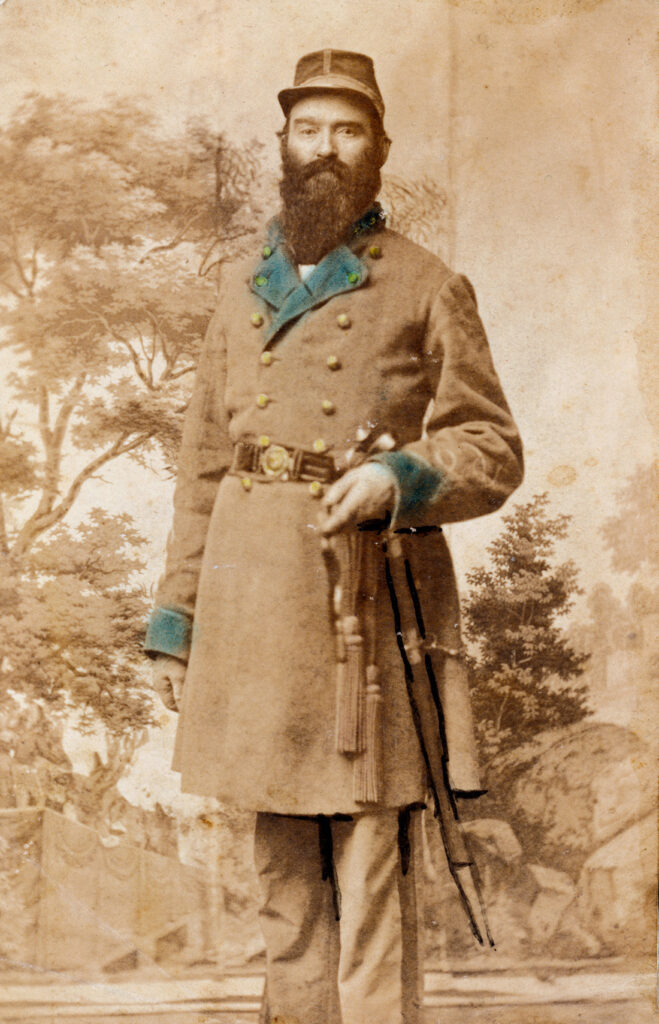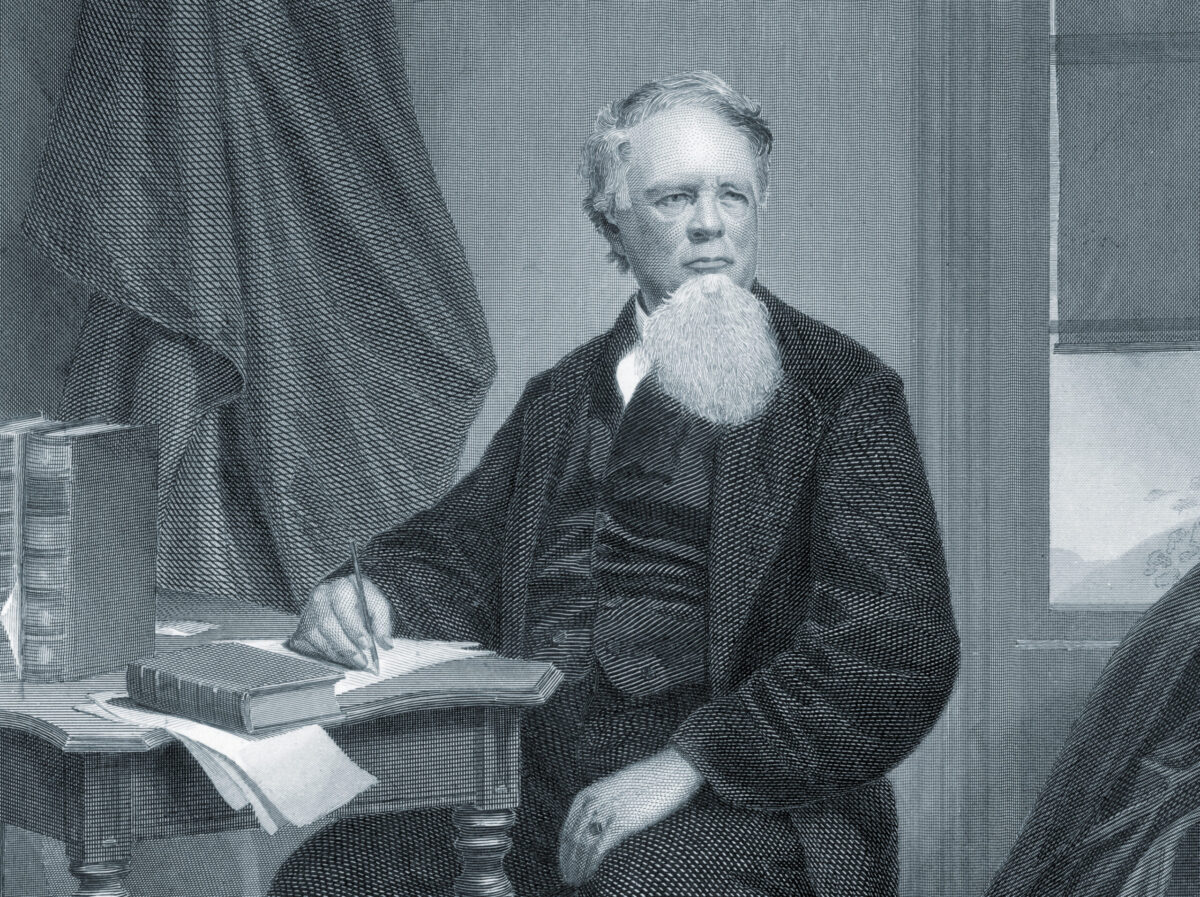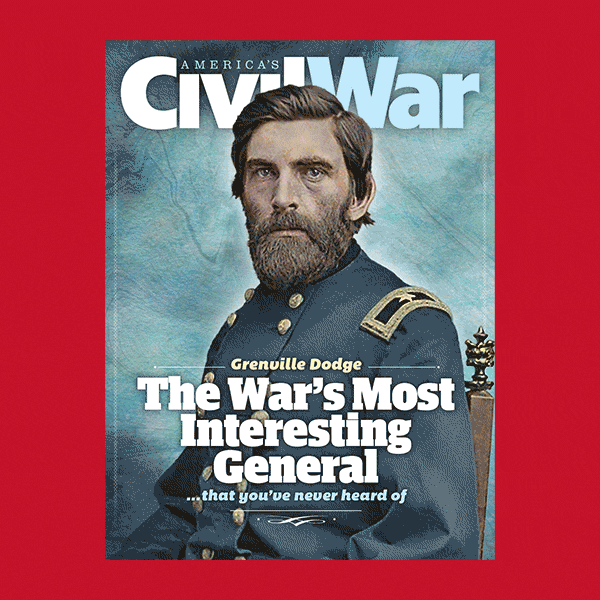About one-fifth of military-age White men in the South perished during the war—a chilling statistic that reinforces the argument that steadfast devotion to the Confederate cause compelled these soldiers to continue fighting despite the relentless carnage. But before soldiers faced the clang of the battlefield, how did they decide to mobilize, and what part did Confederate law and culture play in promoting military service?
Initially, the cause of secession attracted fervent volunteers. Young men who had forged their convictions during the sectional crisis rushed with friends and neighbors to assert their martial fidelity, chanting songs about defense of home, political power, and slavery. But as 1861 drew to a close without a decisive repelling of Union forces, Confederate leaders looked ahead with uncertainty, as many thousands of volunteer enlistments were to expire by late spring. In December, the Confederate Congress enticed soldiers with a promise of furloughs and cash upon re-enlistment, but with only limited success.
Alongside formal legislative efforts to promote volunteer service, Confederate nationalists did their best to inculcate a spirit of sacrifice and duty in the public consciousness. That would include contributions on the literary front, as artists joined the push to convince the population the war was a defensive revolution and not a slaveholders’ rebellion.
At the forefront of this push was William Gilmore Simms, a novelist, editor, and planter from Charleston, S.C. Despite early opposition to the nullification movement, Simms had become increasingly sectional after 1833, even theorizing that slavery was a traditional and munificent institution. Aware the South had a reputation for lagging behind the North’s literary accomplishments, Simms sought to bolster the intellectual credibility of his section while defending its distinctions, including the sunny agricultural landscape and chivalric culture.
In late 1861, as the Confederate government debated the furlough and bounty system, Simms produced a poem in the Romantic style that exemplified the proper manner for a man of the South. The ballad’s protagonist, however, was no Lowcountry gentleman or plantation prince. Instead, Simms cast his vision of a noble soldier as a backwoods warrior, “The Mountain Partisan.”
My rifle, pouch, and knife!
My steed! And then we part!
One loving kiss, dear wife,
One press of heart to heart!
Cling to me yet awhile,
But stay the sob, the tear!
Smile—only try to smile—
And I go without a fear.
Our little cradled boy,
He sleeps—and in his sleep,
Smiles, with an angel joy,
Which tells thee not to weep,
I’ll kneel beside, and kiss—
He will not wake the while,
Thus dreaming of the bliss
That bids thee, too, to smile.
Think not, dear wife, I go,
With a light thought at my heart
’Tis a pang akin to woe,
That fills me as we part;
But when the wolf was heard
To howl around our lot,
Thou know’st, dear mother-bird,
I slew him on the spot!
Aye, panther, wolf, and bear,
Have perish’d ’neath my knife;
Why tremble, then, with fear,
When now I go, my wife?
Shall I not keep the peace,
That made our cottage dear;
And ’till these wolf-curs cease
Shall I be housing here?
One loving kiss, dear wife,
One press of heart to heart;
Then for the deadliest strife,
For freedom I depart!
I were of little worth,
Were these Yankee wolves left free
To ravage ’round our hearth,
And bring one grief to thee!
God’s blessing on thee, wife,
God’s blessing on the young:
Pray for me through the strife,
And teach our infant’s tongue.
Whatever haps in fight,
I shall be true to thee—
To the home of our delight—
To my people of the free!
Although we tend to associate “partisan” with political parties today, the term meant “irregular soldier” or “guerrilla” in the 19th century. Simms, who had begun building his literary bona fides with an 1835 novel The Partisan, hoped to connect Rebel soldiers with their Revolutionary War forebears, including South Carolina partisan heroes Francis Marion, Thomas Sumter, and Henry Lee III.
His 1861 poem joined a wider Confederate effort to make secession seem congruent with the American Revolution and not destructive of the union that struggle had created. Likewise, Simms rendered his volunteer as an idealistic pioneer, an equestrian rifleman on the edge of settlement—one who had slain wild animals to “keep the peace” and was ready, too, to slay Lincoln’s “wolf-curs.” In his absence, the partisan’s wife was to remain sturdy, all while tutoring his heir, maintaining the homestead, and offering protective prayers. Simms wanted to make the compelling national narrative of wilderness conquest and republican motherhood “Confederate,” not American.

When the poem appeared in Southern Literary Messenger in March 1862, it had a new title, “The Border Ranger,” part of a push by Simms to present irregular warfare in a wider national scope—beyond merely South Carolina.
To address the Army’s tumbling manpower levels, Congress passed a conscription law in early 1862 mandating service for most White men ages 18–35, and that April issued the Partisan Ranger Act, pulling independent guerrillas into the Confederate command structure in an effort to maximize the benefits of “partisan” warfare while tempering any of its infamous excesses through supervision by the formal military.
Yet what seemed rational for Simms’ archetypical “Border Ranger” would be harrowing for thousands of men and women on this new borderland of whirling violence. Indeed, the poem’s new title reads not only as an invocation of the frontier spirit, but as a plea for faithfulness from those on the Confederacy’s geographical margins. Partisan warfare on the border produced provocative heroes for the South (William Quantrill, John Singleton Mosby, etc.), but it also blurred into bushwhacking and spurred Union sympathizers to take up arms themselves. Southern Unionists, such as the bridge-burning Tennessee mountain men under David Fry, inflicted their share of partisan terror to preserve the United States.
The effort to inculcate a national feeling for the South by Simms, who died in 1870, did not alter the war’s outcome, but the literary story had just begun. As former Confederates endeavored to explain their subjugation, new myths of untainted chivalry in the coming decades would help to solidify the memory of an honorable cause and an honorable defeat.
Literary works present a challenge for those who love history. Parsing an author’s intentions, the context of the time, the allusions and hidden references, and the representation of the truth can seem daunting. But such literary endeavors also offer an opportunity to scrutinize how contemporaries painted their beliefs and assumptions.






